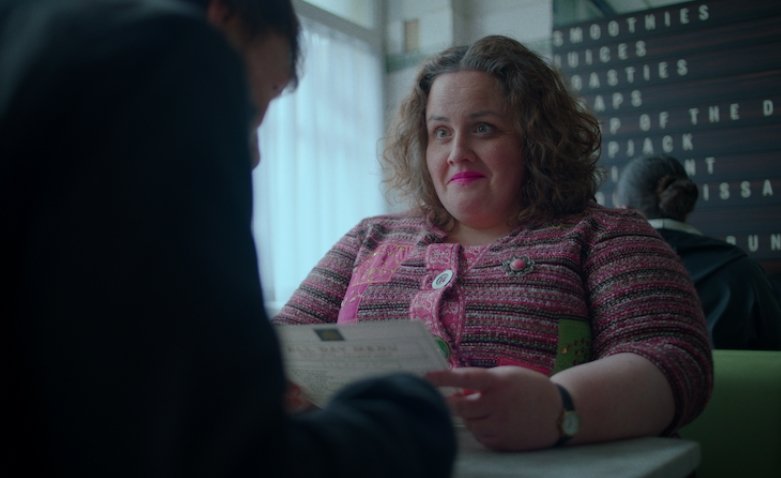The Netflix series “Baby Reindeer” has sparked a legal battle that’s as dramatic as the show itself. The woman who claims to be the real-life inspiration behind the series’ stalker character, Martha, has filed a defamation lawsuit against the streaming giant. This case has raised questions about the boundaries between creative freedom and personal rights.
The Story Unfolds
“Baby Reindeer” gripped audiences with its harrowing depiction of stalking. However, the drama didn’t end with the credits. Fiona Harvey, the alleged real-life Martha, has launched a $170 million lawsuit against Netflix. Her claim? That the show’s portrayal has defamed her character and caused significant personal distress.
The series, which is based on true events from comedian Richard Gadd’s life, showcases the dark side of obsession. But with the spotlight turned on her, Harvey contends that the fictionalization of events has led to a public misrepresentation of her actions and character.

The Legal Labyrinth
Harvey’s lawsuit brings to light the complex interplay between artistic expression and the protection of individual reputations. The case hinges on the extent to which creators can draw from real life when crafting their narratives. Netflix, facing the hefty lawsuit, must navigate the intricacies of defamation law while standing by its creative content.
The suit also underscores the challenges faced by those who feel their lives have been unfairly scripted into popular culture. With the lines between reality and fiction blurred, Harvey’s case could set a precedent for how real-life inspirations are treated in the realm of entertainment.
The Ripple Effect
This legal confrontation goes beyond the parties involved, potentially impacting how stories are told in the future. It raises critical questions about consent, privacy, and the ethical responsibilities of storytellers. As the case unfolds, the entertainment industry watches closely, knowing the outcome could alter the landscape of creative storytelling.
The “Baby Reindeer” saga serves as a cautionary tale about the power of media and the importance of respecting the narratives of real people. As the court decides Harvey’s fate, the verdict will resonate with creators and audiences alike, shaping the way true stories are adapted for years to come.


















